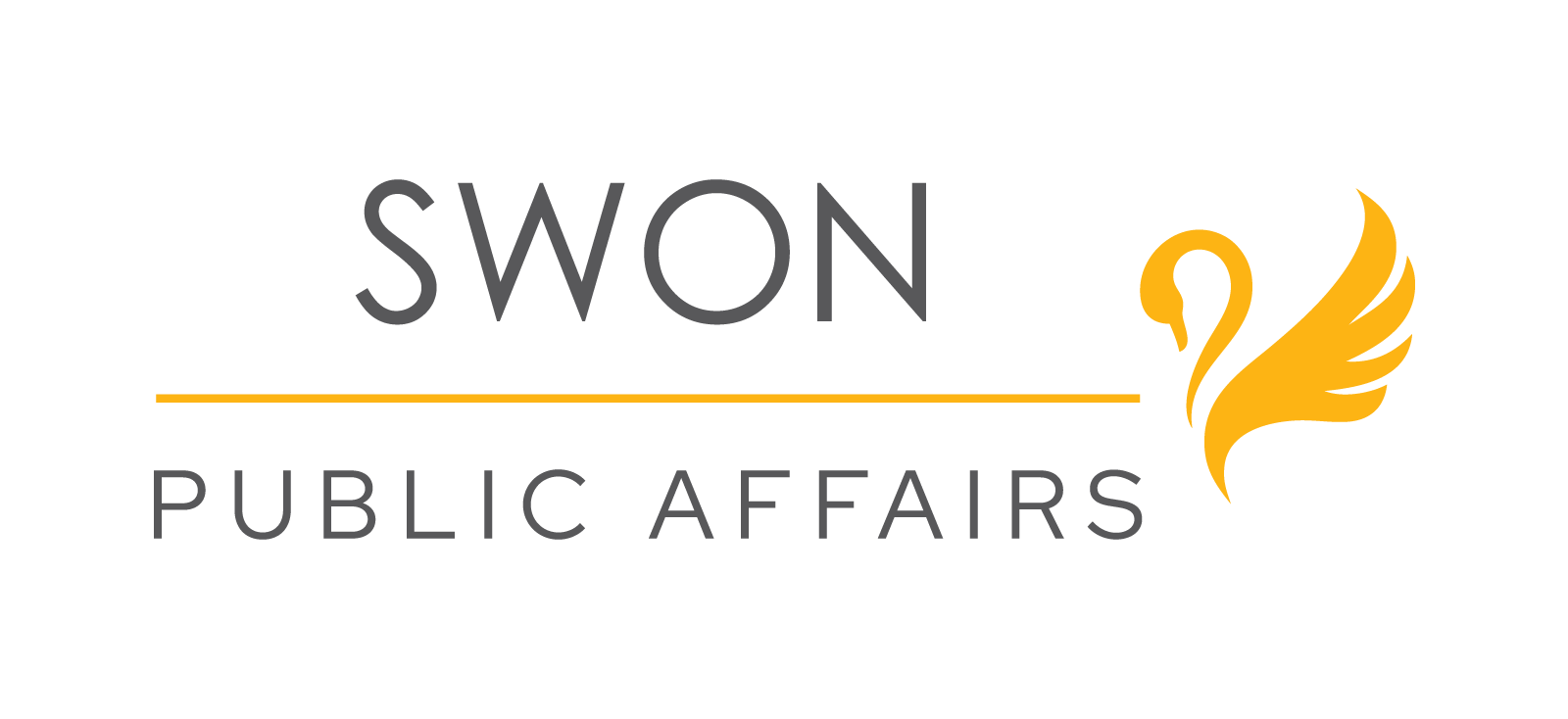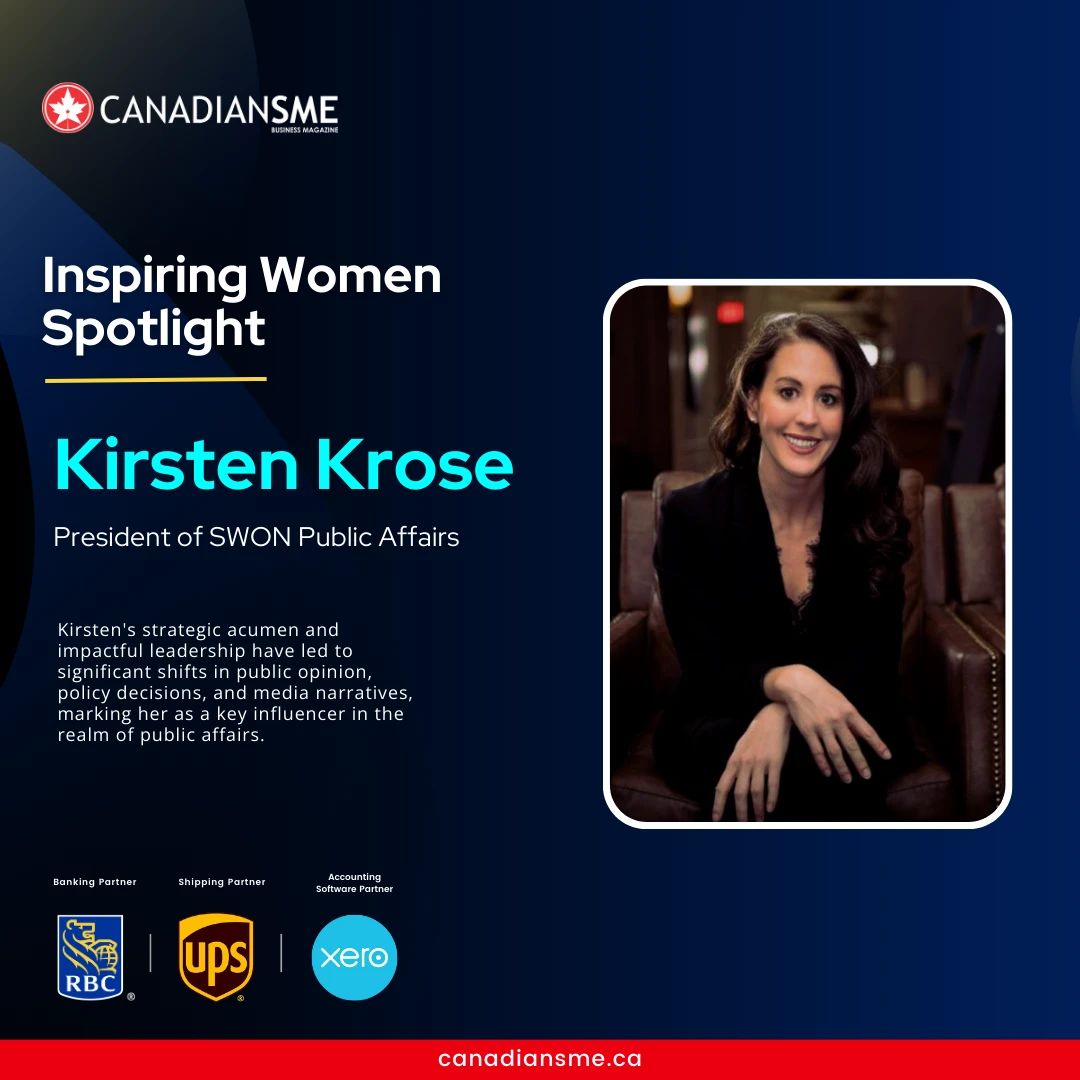The Canadian Cancer Society’s alarming data reveals that in 2023, around 1,550 Canadian women faced cervical cancer, with about 400 deaths. This silent yet deadly disease, primarily caused by the human papillomavirus (HPV), can be largely prevented through vaccination. However, Ontario lags behind other provinces in providing accessible and affordable HPV vaccines.
The “Make HPV Vaccine Free for Me” campaign, started by Gillian Cameron, emphasizes the need for Ontario to offer free HPV vaccination to young adults. This move is not just a health initiative but a moral obligation. Dr. Gilla Shapiro from the Princess Margaret Cancer Centre supports this, highlighting the necessity for accessible immunization programs to effectively prevent HPV-related cancers.
Providing free HPV vaccines goes beyond healthcare, it’s the ethical way to safeguard lives and preserve the emotional well-being of individuals and communities. It’s time for Ontario to recognize the importance of this vaccine and make it freely available.
SWON Public Affairs is proud to play an important role in the “Make HPV Vaccine Free for Me” campaign.







Latest posts